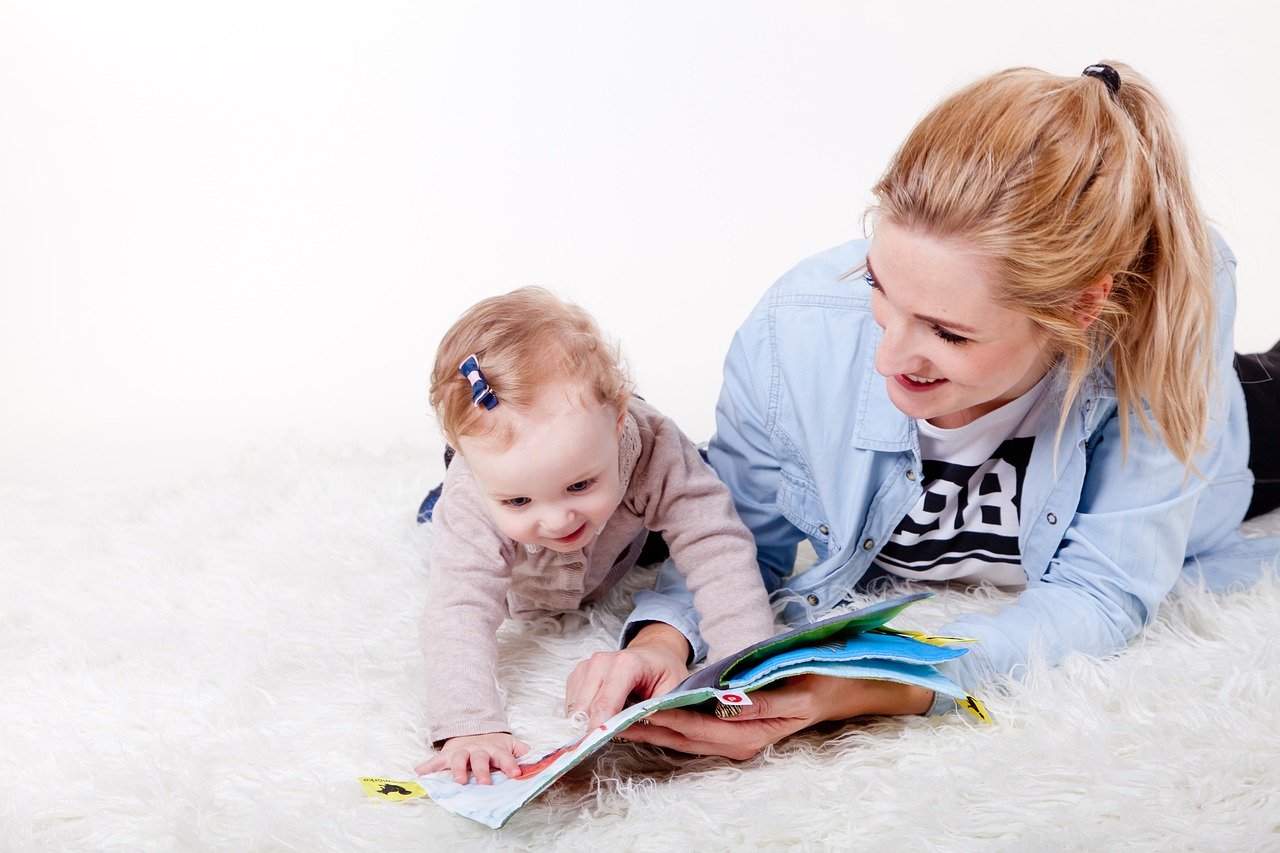In June 2019 researchers from the USA and Turkey published the results of their study to assess whether reading books to children in their first 5 years of life would help reduce the Word Gap, ie the difference in heard vocabulary for poor versus advantaged children. One important tool for vocabulary exposure is a child’s book reading session, which tends to have a wider variety of words than those used during standard caregiver-child conversations. However, current information suggests that around 25% of parents/caregivers never read with their children. A total of 60 commonly read children’s books were analysed to estimate the number of words that children are exposed to during book reading sessions. Results showed that parents who read 1 picture book with their child every day expose them to an estimated 78,000 words each a year. Therefore, over 5 years it is estimated that children who are read to hear 1.4 million more words than children who are never read to. The researchers therefore concluded that home-based book reading is important to help close the Word Gap.
Logan JAR et al. When Children Are Not Read to at Home: The Million Word Gap. J Dev Behav Pediatr. 2019 Jun;40(5):383-386.

